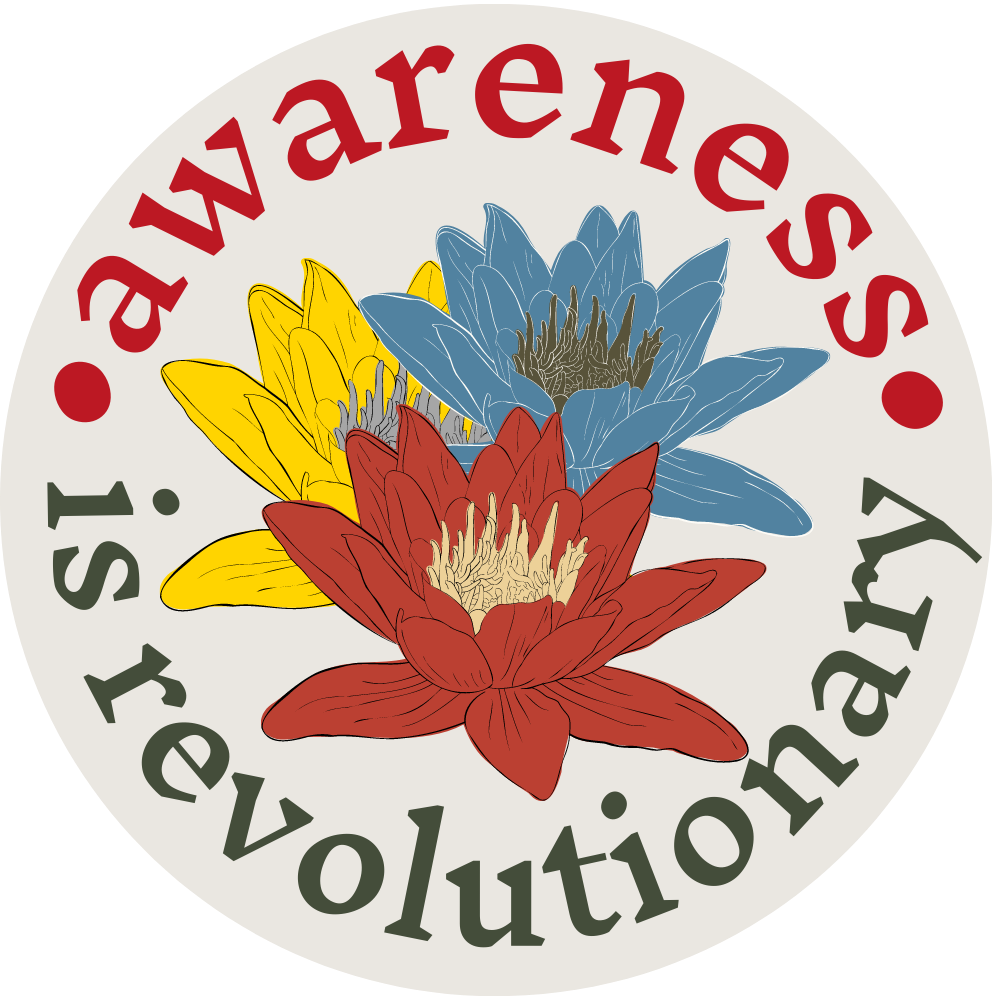
Statement of Gratitude.
We Pay Homage
This Program would not exist without prior programs which inspired us to build a Triratna version. These programs are:
“The White Awareness Insight Curriculum for Uprooting Privilege (WAIC UP!): A Dharma and Racism Study Program”, offered by Spirit Rock Community Dharma Leader 5 participants, originally developed for CDL5 in 2015/2016.
This program had been based on a framework originally published by White Awake, which itself was based on a program developed by SURJ in the DC Area.
Furthermore, we took into account adaptations made in 2017 to the WAIC UP program by The Zen Community of Oregon, which developed their own version called “Awakening to Whiteness.”
Lastly, programs offered by Arinna Weisman at New York Insight, and by Sebene Selassie and Brian Lesage at the Barre Centre for Buddhist Studies also provided inspiration and directed us towards certain key source materials and reflection.
Bowing in Gratitude
We wish to name all those who have contributed to the programs which inspired us and of which we have been the beneficiaries, in particular, as far as we know:
From the Spirit Rock CDL Community:
Max Airborne, Kristin Barker, Janusz Welin, Dawn Haney, Crystal Johnson, and Bob Agoglia. For their care, thoughtfulness, wisdom in the program they put together, and for their generosity in making it publicly available.
From the East Bay Meditation Community:
dfdf
From the Zen Center of Oregon:
Jan Chosen Roshi who shared the adapted CDL program with Singhashri, and to Laura Jomon Martin who coordinated their version of the program.
From White Awake:
Eleanor Handcock and the White Awake team for their contributions of earlier versions of the curriculum and the tremendous wealth of resources on the White Awake website.
From the Barre Center for Buddhist Studies
Sebene Selassie, Brian Lesage
Also: Arinna Weismann and Chris Crass through their inspiration and example.
We Salute Unfathomable Labor
The original CDL curriculum we drew from was from 2016. Since that time, five important developments influenced the shape of our particular version of the curriculum:
A flurry of significant publications for the general public, making important contributions to the field and to general awareness, for example: Why I'm No Longer Talking to White People About Race, by Reni Eddo-Lodge (2017), So You Want to Talk About Race, by Ijeoma Oluo (2018), White Fragility: Why It's So Hard for White People to Talk about Racism, by Robin DiAngelo (2018), How to Be An Antiracist, by Kendi, Ibram X. (2019), Me and White Supremacy: Combat Racism, Change the World, and Become a Good Ancestor, by Layla Saad (2020)
A new dimension brought most explicitly into the field: trauma somatics and cultural somatics of racism – both very relevant to a Buddhist framework (though neither authors are known to be Buddhists), namely (but not limited to) My Grandmother's Hands: Racialized Trauma and the Pathway to Mending Our Hearts and Bodies by Resmaa Menekam (2017), and the work of Tada Hozumi, the “Selfish Activist” and others.
An increase in publications and other materials at the explicit intersection of Dharma / Buddhism / Mindfulness and Race, including increased prominence/reach of a number of Black Buddhist teachers, as well as a body of wisdom emerging from sanghas who have been working on this for decades. (A similar trend can be found in Academia). Check out this sampling here.
A global pandemic disproportionately impacting BIPOC/BAME Communities, coupled by another great (global) wave of uprising for racial justice following the killings of Ahmaud Arbery, George Floyd and Breonna Taylor, and a shift in mainstream (white) views about the Movement for Black Lives.
The opening-up of conversations about race within the Triratna Buddhist Community at a scale and level of prominence never seen before, largely prompted by the leadership of BAME and BIPOC Order members, the attention of a number of institutions, and greater willingness of white community members to examine the lack of racial diversity in our movement.
